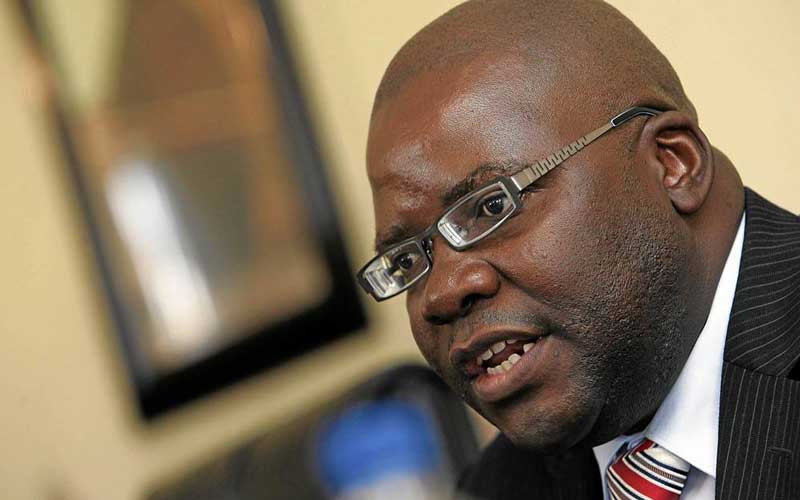By Correspondent
On 11 January 2023 the High Court delivered a judgment which could have ended the interference of Central Government in Council business.
However, all it needs is confirmation by the Constitutional Court.
According to Veritas, a legal forum, the judgment was delivered by Judge Munangati-Manongwa.
“It was a case of Combined Harare Residents Association, represented by Tendai Biti against the Minister of Local Government.
The case originated in a dispute between the Minister and the Harare Council over the US$344 million Geogenix BV agreement.
Previously, Council had concluded a contract with Geogenix BV to process waste at the Pomona dumpsite.
However, after elections, Council cancelled the contract on the grounds it was a product of undue pressure from the Minister.
Councillors argued that the terms of the agreement were seriously prejudicial to the City of Harare.
Order Sought
The Minister responded by directing the Council to rescind its resolution cancelling the contract.
In the case, CHRA sought an order that section 314 of the Urban Councils Act was unconstitutional.
They were not asking the court to set aside the contract.
Section 314 allowed the Minister such undue power to literally meddle in Council affairs through directives.
At the end of the case the Judge ruled in favour of CHRA stating various reasons for that verdict.
Some of them are listed below:
“The overriding powers conferred on the Minister by section 314 of the Urban Councils Act are a danger to democracy as enshrined in the Constitution”.
“Section 314 gives the Minister arbitrary power to order a council to rescind its decisions”.
“The section makes no provision for consultation with inhabitants if the Minister considers a council’s decision not to be in their interests.
“There is no objective mechanism by which the Minister decides whether or not a council’s decision is in the public interest”.
“The Constitution in sections 264, 274 and 276 confers governing and management powers on local authorities.
“Those powers should not be interfered with clandestinely.
They should rather be fostered by ensuring the independence of local authorities.
Landmark Ruling
This was a landmark ruling towards the effectual implementation of the devolution agenda.
The Minister’s arbitrary power to override decisions of a local authority were very clearly contrary to the concept of devolution.
However, three things are yet to happen towards the full realization of benefits from this ruling.
First the Constitutional Court is yet to confirm the ruling.
According to Veritas, Con-Court may however take some time to confirm the judgment.
“In terms of section 175 of the Constitution the judgment has no effect until it is confirmed by the Constitutional Court”.
Secondly, the part of the Urban Councils Act which is “unconstitutional” is yet to be aligned with the Constitution.
Thirdly, there is still no enabling devolution law which means the Minister literally still has the “illegal” powers to meddle some more in Council affairs.
Over 10 years after the new Constitution which rolled out the devolution agenda, Government is still holding back power from Councils.



